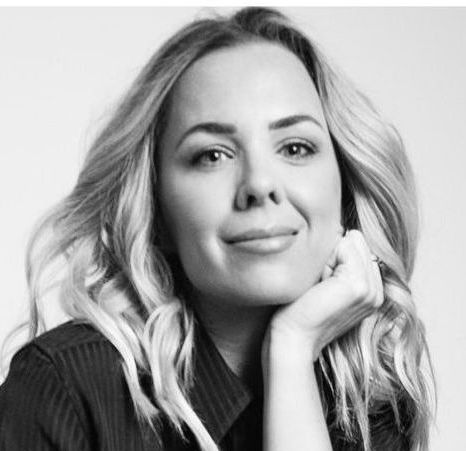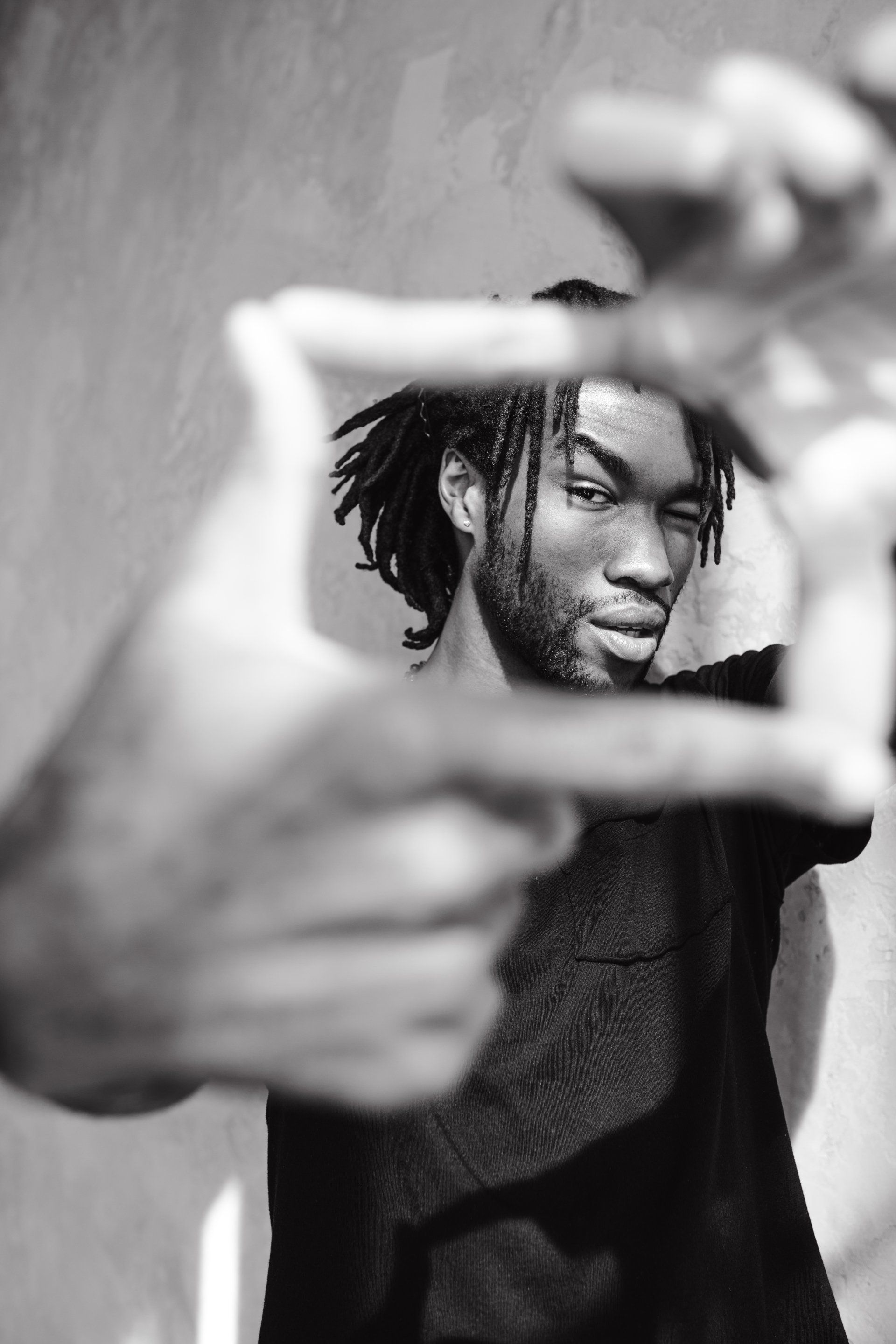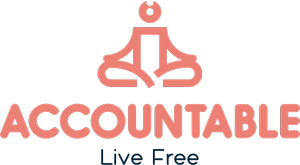A Tale of Rebirth: Geoff's Addiction Recovery Journey and the Power of Accountability
A Tale of Rebirth: Geoff's Recovery Journey and the Power of Accountability
The power of personal stories is incredible. They remind us that we are not alone and provide proof that even when we hit rock bottom, there's always a way back up. Today, I'm going to share with you a story of such strength and resilience. Meet Geoff, a Nationally Certified Addiction Recovery and Wellness Coach who has turned his life around and dedicated his path to helping others.
The Spiral Downward
Geoff's life wasn't always the portrait of wellness and dedication we see today. Twenty-five years ago, he ventured into wellness and spirituality, inspired by prominent figures such as Dr. Andrew Weil, Dr. Depak Chopra, and Tony Robbins. This newfound passion, however, didn't fit into his everyday conversations in the Bond Pits of Lehman Brothers, where he was working at the time.
As his interest in wellness grew, Geoff faced an unseen enemy: addiction. It started small, unnoticeable at first, and then became an insurmountable force. The power of addiction swept away all that Geoff held dear, leaving him at rock bottom in 2016. That was when a family member, who was 20 years sober, suggested he consider treatment.
The Turning Point
Geoff's decision to enter an inpatient treatment center was the turning point in his life. The experience saved his life, and his dedication to sobriety and wellness gave him a life worth living. Geoff started seeing addiction not just as a disease but a battle he could win. It was a shift in perspective, a rebirth of his spirit, that marked the beginning of his recovery journey.
Since then, Geoff has committed himself to helping others struggling with addiction. He became a recovery coach, guiding clients through their struggles and helping them heal. His approach isn't one-size-fits-all; Geoff believes in individualized care, tailored to each client's unique needs. He works to push his clients gently beyond their comfort zones, guiding them to meet their challenges head-on.
Life Now: Triumph Over Trauma
As Geoff shares his story, he acknowledges that he didn't dream of becoming an alcoholic or drug addict. His childhood was riddled with challenges and trauma that led him down a dark path. The loss of his father at a young age, surviving a near-fatal accident, and grappling with the effects of sexual assault left deep emotional wounds.
Despite these struggles, Geoff had his shining moments, like being recognized as an expert skier by the United States Ski Association. But the escape provided by skiing and the international crowd in Aspen, Colorado, proved short-lived. The allure of alcohol and drugs offered a temporary reprieve from his inner turmoil, creating a void that would eventually consume his life.
From Recovery to Accountable
Geoff's journey to recovery is one of resilience and determination. Following his stint in rehab and his sober living home experience, he took the reins of his life back. Geoff embraced the principles of Alcoholics Anonymous, committed himself to his recovery, and found stable work. With two years of sobriety under his belt and a sizeable savings account, Geoff felt a calling to give back to the community.
He began working as a recovery coach in 2018, assisting hundreds of individuals battling addiction. Every day he woke up feeling like a child on Christmas morning, excited to make a difference in someone's life. In addition to his coaching work, Geoff took over management of the sober house he lived in post-rehab.
It was during this time Geoff discovered Accountable. He seized the opportunity to join this leader in client support and recovery coaching, seeing it as an excellent platform to extend his reach.




hello@youareaccountable.com
(646) 450-7641